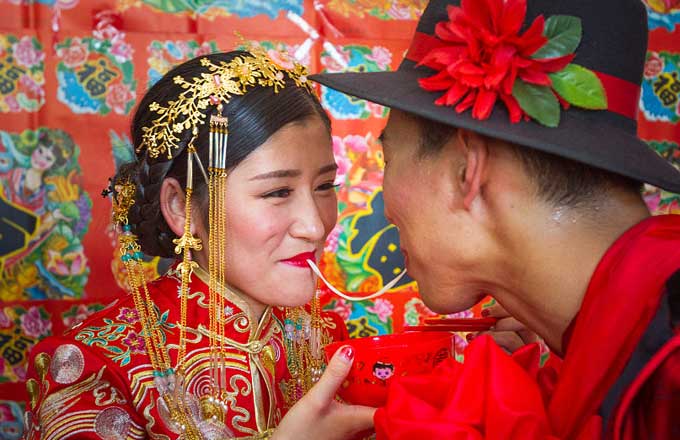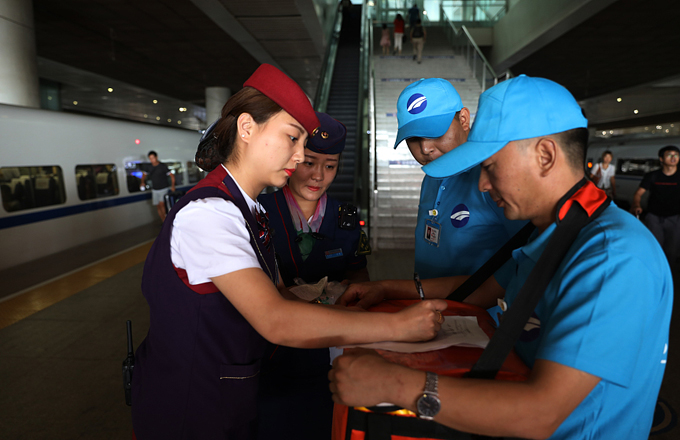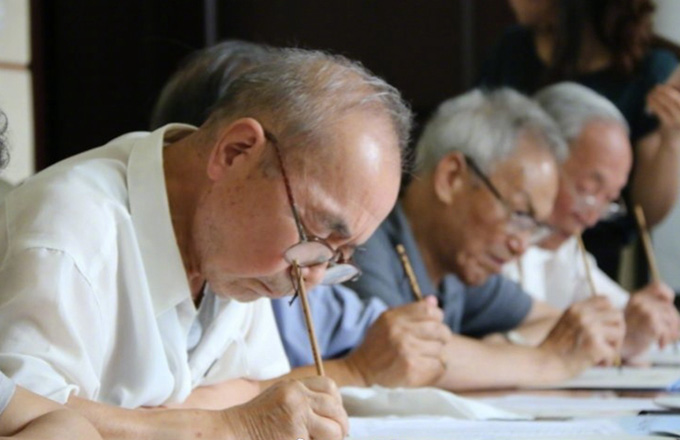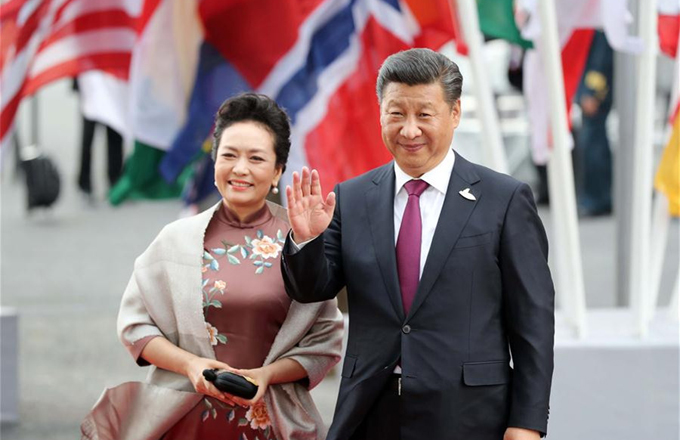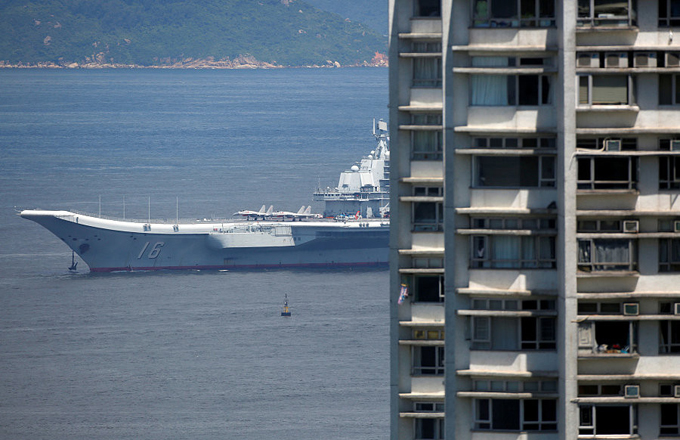Drug-related crimes on the rise in Xinjiang
|
 |
|
A drug-sniffing dog checks luggage at Urumqi Airport, Xinjiang Uygur autonomous region, in June 2012. WANG FEI / XINHUA |
Several foreign suspects tried for their involvement: court official
The number of drug-related cases courts in the Xinjiang Uygur autonomous region have dealt with has increased significantly since 2010, a spokesman for the region's high court said on Thursday.
Several foreign suspects have been tried on drug trafficking charges, he added.
"The number of drug-related cases we handled between January and May increased by 18 percent compared with the same period last year," Yu Huitang, a spokesman for Xinjiang High People's Court, said during a briefing in Urumqi.
The incidence of drug crimes in Xinjiang remains high because of its special geographic environment, Yu said.
Xinjiang borders the Golden Crescent, one of the two principal areas in Asia for illicit opium production, which overlaps Afghanistan, Pakistan and Iran.
Besides Afghanistan and Pakistan, the autonomous region shares borders with another six countries, and international drug organizations view it as an ideal hub for transporting drugs to other cities in China as well as Central and South Asia, Yu said.
Hou Qin, presiding judge at the court, said the major opium farm in Afghanistan lies close to Xinjiang. Law enforcement on drug control in the war-torn country is weak and, as a result, production has expanded rapidly, with the opium production area in the Golden Crescent now nearly seven times bigger than in the Golden Triangle, the other main opium-producing area in Asia, Hou said.
Drug organizations desperately need to get drugs out of the area so it's no surprise that courts in Xinjiang often deal with drug-related cases involving foreigners, Hou added.
Two suspects from Pakistan were arrested in 2011 for smuggling more than 560 kg of heroin into Xinjiang from Pakistan by hiding it in a truck modified by a drug gang. The case is still being tried, Hou said.






